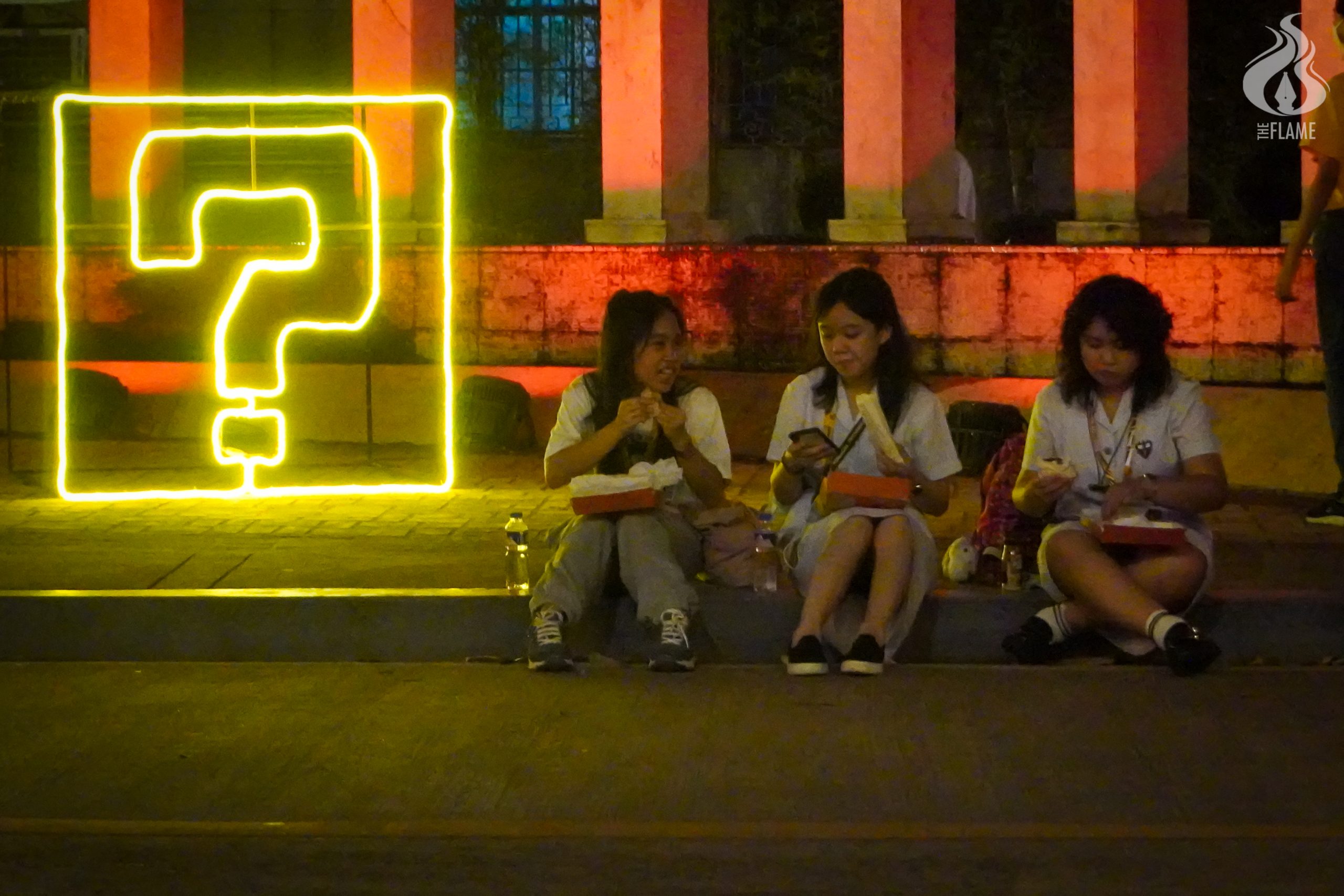
AS HER friends chatted under the Dita trees, smiling while they held their meals, she played with hers until it was cold. The rice no longer emitted smoke, and the sauteed vegetables looked soggy.
The various spices from different food stalls gave her a speck of appetite. But after she looked at her plate, she felt a lump in her throat as flashbacks of her childhood crept in.
She recalled how she used to reject the platter of her father’s adobo and the sweet biko of her mother.
It took her years of practice to ignore the crippling pain in her stomach whenever she smelled the aroma of garlic and onion.
She felt restless in her seat. There was sweat on her forehead. She might vomit soon because of the spoonful she had eaten. A portion for her always felt like a whole.
As the wind blew the steam off her food, she revealed her secret in the air: the presence of food could make her complete. Yet, with its absence, she felt like a half of herself.
She stared at her friends eating without guilt; she felt envious and ashamed for how she treated her parents’ love. Despite the sweetness, the food was always too bitter for her to swallow.
Afraid of throwing another platter in the bin again, she shared her food with someone else. The same shaky hands full of bruises that rejected love before had reached out for once. F



